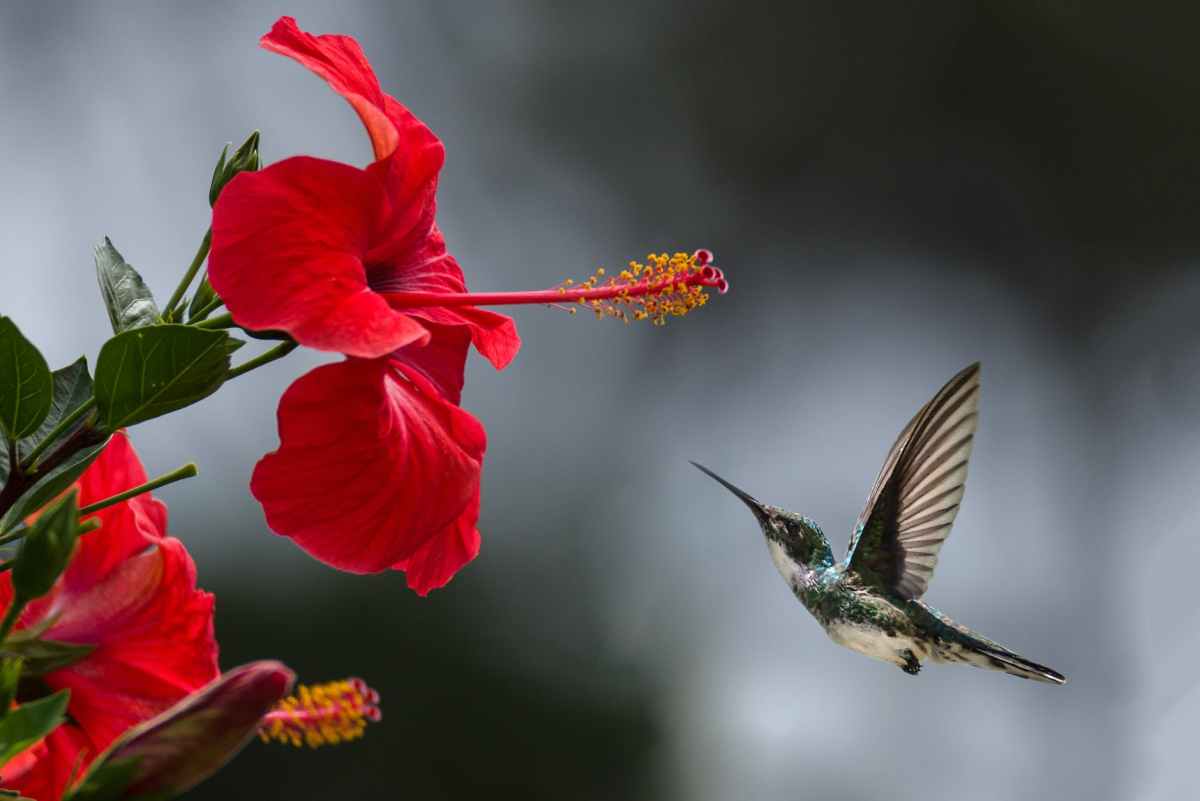King Ahab and his godless wife Jezebel turned the Israelites into idol worship. Scripture confirms that, “Ahab son of Omri did more evil in the eyes of the Lord than any of those before him” (1 Kings 16:30). God has warned His people not to serve any other God apart from him. The acts of Ahab and Jezebel were known by all. “Now Elijah the Tishbite, from Tishbe in Gilead, said to Ahab, “As the Lord, the God of Israel, lives, whom I serve, there will be neither dew nor rain in the next few years except at my word” (1 Kings 17:1). Literally, the prophet declared a famine in the land. The prophet was also affected by the same famine. The famine was not just in the house of the wicked king and his wife but even the righteous people in the land experienced it. Imagine suffering from a famine that came about because of your zeal for the Lord.
The ravens brought him bread and meat in the morning and bread and meat in the evening, and he drank from the brook. (1 Kings 17:6)
Elijah’s life was in danger because of his prophecy. 1 Kings 17: 2-4 states that the word of the Lord came to Elijah: “Leave here, turn eastward and hide in the Kerith Ravine, east of the Jordan. You will drink from the brook, and I have directed the ravens to supply you with food there.” Elijah did as God commanded and he enjoyed the food sent by the ravens until the brook dried and the Lord directed him to a widow. The story of Elijah and the ravens teaches us about God’s provision. Sometimes, in our zeal for the Lord, we tend to go through challenges and persecution. Daniel faced a similar situation. He defied the king’s order and prayed to God and that caused him to be taken to the lions’ den. Even in the den, God sustained him and the lions who in previous times had manhandled others, had their mouths shut. The three Hebrew men (Shadrack, Meshack and Abednego) refused to bow down to an idol; their action took them to the fiery furnace. But, God defied nature by turning the fiery furnace into an air-conditioned room. They were neither harmed, nor did their clothes smell of smoke.
God is able to make the elements of nature: animals, sun, moon, stars, rain etc. to be in our favour. The sun stood still for Joshua and Israel until they won the battle with the Amorites.
“On the day the Lord gave the Amorites over to Israel, Joshua said to the Lord in the presence of Israel: “Sun, stand still over Gibeon, and you, moon, over the Valley of Aijalon.” So the sun stood still, and the moon stopped, till the nation avenged itself on its enemies, as it is written in the Book of Jashar. The sun stopped in the middle of the sky and delayed going down about a full day. There has never been a day like it before or since, a day when the Lord listened to a human being. Surely the Lord was fighting for Israel!” (Joshua 10:12-14).
Whenever we are in doubt of God’s grace and provision, we remember that ravens fed Elijah, lions had their mouths shut, fiery furnance became airconditioned room and the sun stood still. Life can be full of challenges but we need to know that we are children of the impossibility Specialist. Even when there seems to be no way, He can cause creation to work in our favour. Surely, God is good, and He will definitely provide
Impossibility specialist, He will cause nature to work in your favour
Whenever we are in doubt of God’s grace and provision, we remember that ravens fed Elijah, lions had their mouths shut, fiery furnance became airconditioned room and the sun stood still.




